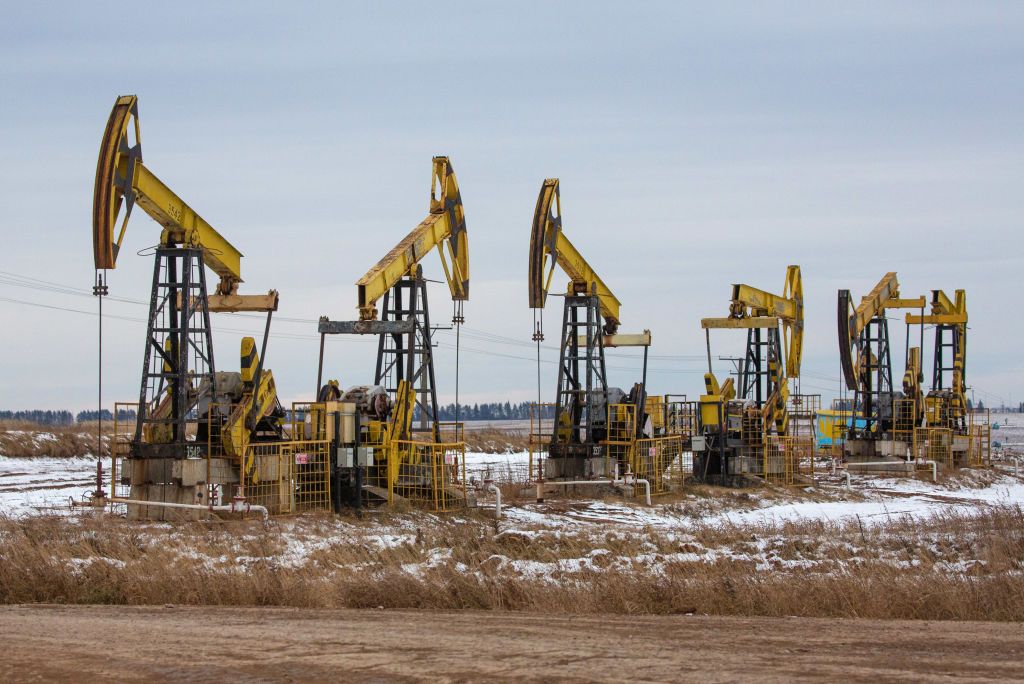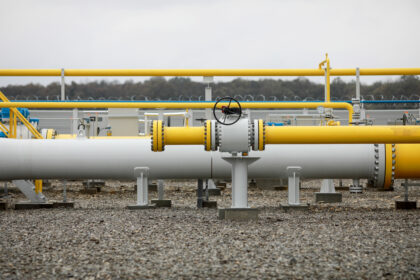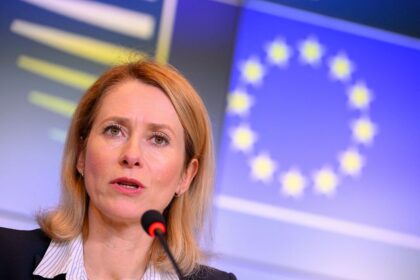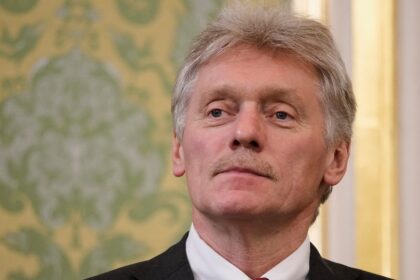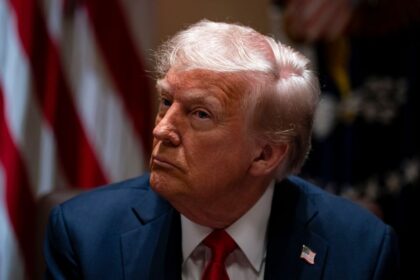**Russia’s Budget Deficit Triples Amid Sanctions and Low Oil Prices**
The Russian government has significantly increased its projected budget deficit for 2025, according to a report from Ukraine. The move comes as the country faces a sharp drop in oil revenues due to Western sanctions and plunging crude prices.
According to Vladyslav Vlasiuk, President Volodymyr Zelensky’s commissioner for sanctions policy, Russia has tripled its budget deficit from 1.17 trillion rubles ($14.8 billion) to 3.8 trillion rubles ($48.3 billion). This represents a significant increase in the planned deficit from 0.5% to 1.7% of GDP.
The main reasons behind this surge are cheaper oil and a strengthening ruble, which have together resulted in a loss of nearly a quarter of Russia’s oil and gas revenues. The revised price forecast for Russia’s Urals crude has been cut from $69.70 to $56 per barrel. This is the lowest level in two years and about 40% below the $82.60 price Moscow had initially budgeted for 2025.
International sanctions remain a key driver behind the decline in Russia’s energy revenues. “Sanctions against Russia are working,” Vlasiuk said, adding that Ukraine has long been advocating for tighter sanctions against the Russian energy sector, particularly its shadow fleet. Despite hundreds of Russian tankers already under sanctions, many vessels remain operational and continue to ship Russian oil.
**The Impact of Sanctions**
Ukraine has long been pushing for stricter sanctions on Russia’s energy sector, and recent developments have confirmed that these efforts are bearing fruit. The Ukrainian government is now calling for expanded measures, including sanctions on Russian ports, terminals, and even individual ship captains.
Russia’s energy sector, which provided nearly 30% of the federal budget in early 2024, has been hit by drone strikes from Ukraine and increasing global pressure. The recent plunge in prices followed new tariffs announced by U.S. President Donald Trump on April 7, which spurred fears of a global recession and dragged oil prices to their lowest levels since May 2023.
**A Strained Economy**
The financial strain comes as Moscow boosts defense spending by 25% for 2025, raising it to 6.3% of GDP – the highest share since the Cold War. The Kremlin has acknowledged the challenges, with spokesperson Dmitry Peskov calling the global market conditions “extremely turbulent” and vowing economic measures to “minimize the consequences.”
For Ukraine, Vlasiuk said the latest data sends a clear message: “We are grateful for all the work done so far… But if we want to level up, more needs to be done.” The U.S. recently blocked a G7 push to lower the $60-per-barrel price cap on Russian oil exports, which has been imposed by the G7 and EU since December 2022.
**Independent Journalism Matters**
This news comes at a time when independent journalism is facing significant challenges. At the Kyiv Independent, we believe that reliable information should be available to all. We’re working hard to show the world the truth of Russia’s brutal war – and we’re keeping it free for everyone. Our goal is to reach 20,000 members to prove that independent journalism can survive without paywalls, billionaires, or compromise.
Read More @ kyivindependent.com




